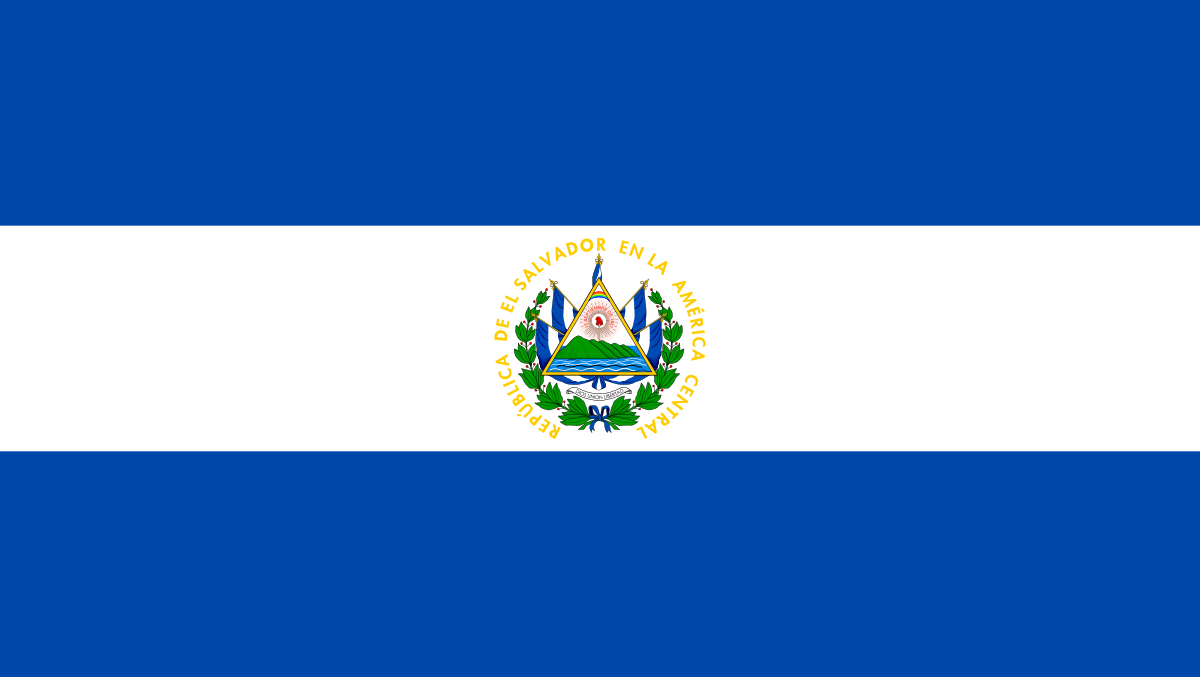From Volcanic Soils to Your Cup of Excellence”
El Salvador, a small Central American country nestled between Guatemala and Honduras, has been quietly making a name for itself in the world of specialty coffee. The country’s coffee profile, characterized by high-quality Arabica beans, reflects the unique terroir of its mountainous landscapes and a commitment to sustainable practices.
The coffee regions of El Salvador, including Santa Ana, Apaneca, and Chalatenango, are situated in the western part of the country, each offering distinct flavors influenced by altitude, soil, and microclimates. The high-altitude regions, ranging from 800 to 1,700 meters, provide an ideal environment for Arabica beans to flourish, resulting in a cup profile that is bright, nuanced, and complex.
Santa Ana, home to the country’s highest peak, is one of El Salvador’s primary coffee-producing regions. The volcanic soils and elevations of over 1,400 meters contribute to coffees with a bright acidity, medium body, and a flavor profile that often includes notes of citrus, floral tones, and a hint of sweetness. The meticulous cultivation and processing methods employed by farmers in Santa Ana enhance the quality of the beans.
Apaneca, located in the Apaneca-Ilamatepec mountain range, is celebrated for its high-quality coffees and unique flavor characteristics. The microclimates within this region contribute to the diversity of taste in Apaneca coffees, ranging from bright acidity to more mellow and rounded profiles. The beans often exhibit a complexity that can include fruity, nutty, and chocolatey notes.
Chalatenango, situated in the northern part of El Salvador, has gained recognition for producing some of the country’s most distinctive coffees. The region’s high altitudes and cool temperatures contribute to beans with a bright and lively acidity, a medium to full body, and a flavor palette that can include tropical fruit notes, floral undertones, and a pleasant sweetness.
El Salvador’s coffee processing methods, often employing the washed process, emphasize cleanliness and clarity of flavors. The cherries are carefully pulped, fermented, and washed to remove any residual mucilage before drying. This meticulous processing enhances the acidity and brightness of the beans, contributing to the overall quality of El Salvador’s coffees.
Sustainability is a growing focus in El Salvador’s coffee industry, with many farmers adopting environmentally friendly practices. Shade-grown cultivation, organic farming, and certifications such as Rainforest Alliance and Fair Trade are becoming increasingly common. These efforts align with the global trend toward responsible and ethically produced coffee.
El Salvador’s coffee has gained recognition in the specialty coffee market, with terms like “Santa Ana coffee” and “El Salvador single origin” capturing the attention of coffee enthusiasts. The country’s coffees have received accolades in international competitions, establishing El Salvador as a source of high-quality Arabica beans.
The socio-economic impact of the coffee industry in El Salvador is significant. Many smallholder farmers are engaged in coffee cultivation, contributing to the economic development of rural areas. The emphasis on sustainability and ethical practices ensures that the benefits of the coffee industry extend to the well-being of local communities and the preservation of El Salvador’s natural environment.
In conclusion, El Salvador’s coffee profile is a testament to the country’s dedication to quality, sustainability, and the unique terroir of its mountainous landscapes. As coffee enthusiasts savor beans from El Salvador, they experience the vibrant and diverse flavors that define this Central American gem. Beyond the delightful taste in the cup, each sip encapsulates the traditions, efforts, and pride of El Salvador’s coffee producers, making the country a rising star in the world of specialty coffee.
Tags: coffee grower, El Salvador

